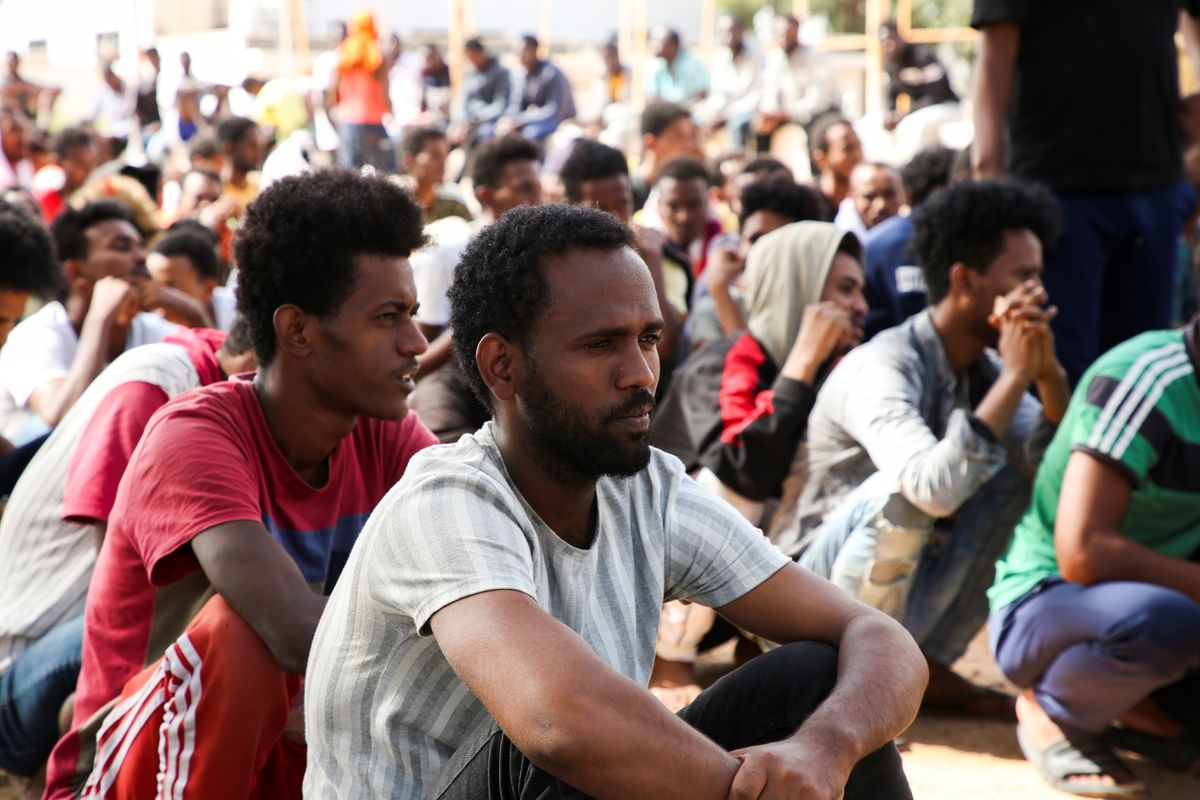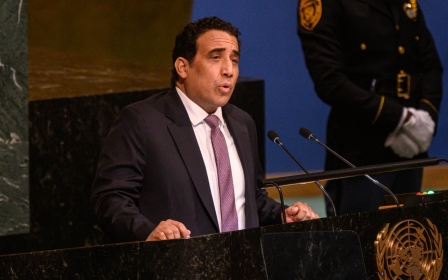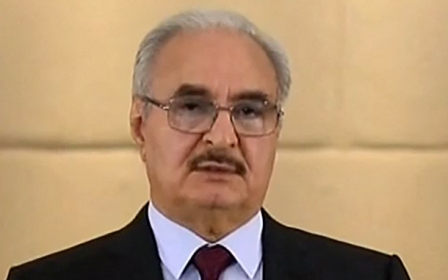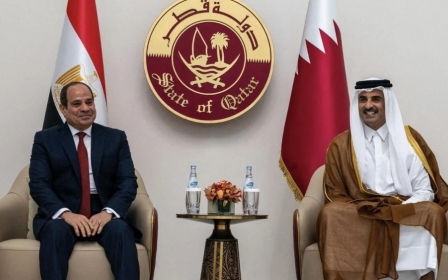Refugees in Libya forced to return home or risk torture, UN report finds

Refugees in Libya face systematic human rights violations and abuse in a bid by authorities to coerce them to return to their home countries, a newly released UN report has revealed.
The report found that refugees in the country often find themselves trapped in precarious situations. It outlined that they are often forced to choose between returning to the country they fled in fear for their lives, or contending with ill treatment in Libya.
The report also found that there was no meaningful access to human rights protection for refugees within the country, and there were extremely limited options for refugees to seek access to protection for their human rights when moving onwards from Libya.
"Migrants in Libya are overwhelmingly victims of human rights violations and abuses perpetrated by both State and non-State actors," the report's authors found.
'Sometimes they would take your money and good clothes. They broke my teeth. So, I accepted my return'
- Gambian refugee in Libya
Despite the well-documented and widespread nature of the human rights violations, refugees in Libya often lack access to asylum and other safe and regular pathways.
New MEE newsletter: Jerusalem Dispatch
Sign up to get the latest insights and analysis on Israel-Palestine, alongside Turkey Unpacked and other MEE newsletters
In addition, the UN found that refugees, particularly those in Libyan detention centres, "are unable to make a truly voluntary decision to return" to their home countries if they wish to do so, and often lack the correct information to make an informed choice.
Many are held under conditions where threats of sexual violence, torture and extortion are rife, which collectively ensures that a coercive environment is created that is "inconsistent with free choice".
"This desperate situation requires all concerned to ensure that no migrant is compelled to accept assisted return to an unsafe or unsustainable situation in their country of origin," said acting UN High Commissioner for Human Rights Nada Al-Nashif, in response to the report.
The report contains numerous accounts of refugees interviewed by the UN human rights office, with one witness saying, "They brought me to a prison. But even at that point, I didn't think about going back to Gambia. Then they entered the prison with a stick and were beating people like animals. Sometimes they would take your money and good clothes. They broke my teeth. So, I accepted my return."
Since 2015, the UN estimates more than 60,000 refugees have been repatriated to different countries of origin across Africa and Asia through so-called assisted voluntary return programmes. Most of these people come from sub-Saharan Africa and are exposed to particularly severe treatment in both official and unofficial detention facilities.
A long history of abuses
In September, rights groups called on Libyan authorities to help hundreds of Egyptians detained in the east of the country. Some 287 Egyptians, including 90 children, were detained following a raid, and according to accounts, some detainees paid sums amounting to $8,800 to smugglers to attempt to reach Europe.
In the past, Libyan authorities have been accused by a European human rights monitor of holding hundreds of Moroccan refugees in inhumane conditions, without legal justification, for months.
People were often held without adequate healthcare, food or clean drinking water, allowing infectious diseases to spread rapidly among detainees.
Refugees are known to travel by land to Libya, where they plan to begin their journey across the Mediterranean Sea towards Italy.
Earlier this year, Middle East Eye reported that more than 600 migrants, refugees and asylum seekers were attacked and detained by Libyan authorities in front of a former community development centre in Tripoli.
The detainees, almost all from sub-Saharan Africa, were taken to Ain Zara detention centre in the Libyan capital, after the makeshift tents they were sleeping in were burnt down.
Thousands of people had been sleeping rough in front of the centre, run by the United Nations refugee agency (UNHCR) and local partners until it was closed in December 2021, with the agency citing security concerns.
The tent community sprang up after migrants and refugees were left homeless and lost all their belongings as a result of Libyan security operations.
Eyewitnesses told Middle East Eye that a number of refugees were killed after government and police forces attacked the community, burning down tents and trying to move people to detention centres by force.
Middle East Eye delivers independent and unrivalled coverage and analysis of the Middle East, North Africa and beyond. To learn more about republishing this content and the associated fees, please fill out this form. More about MEE can be found here.




